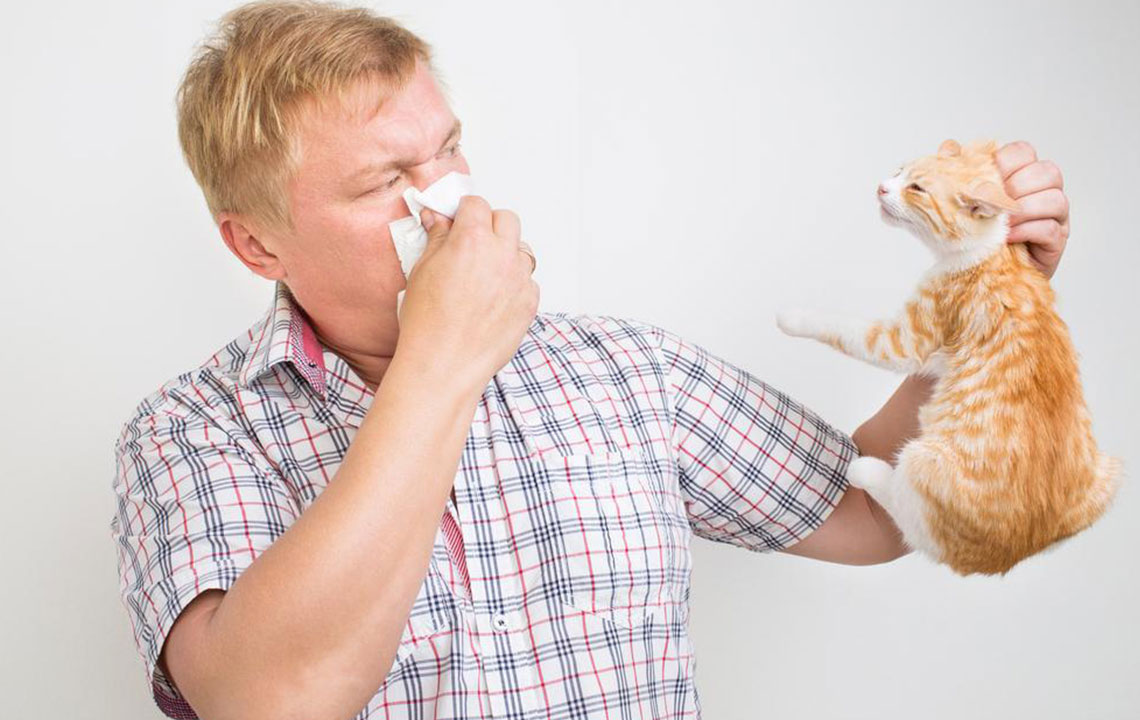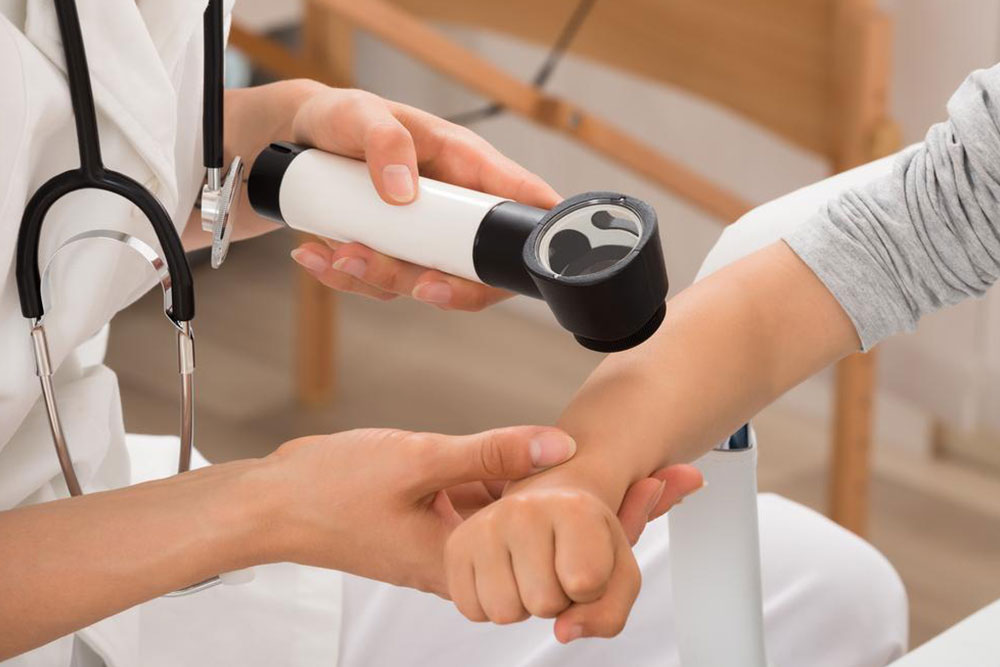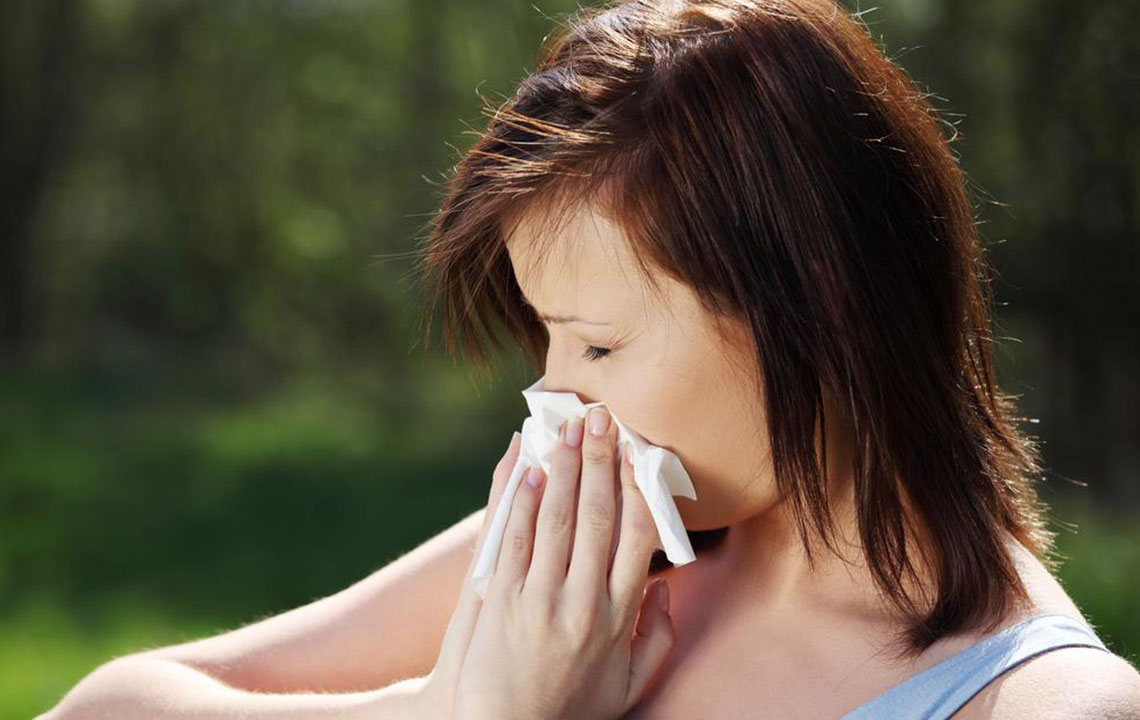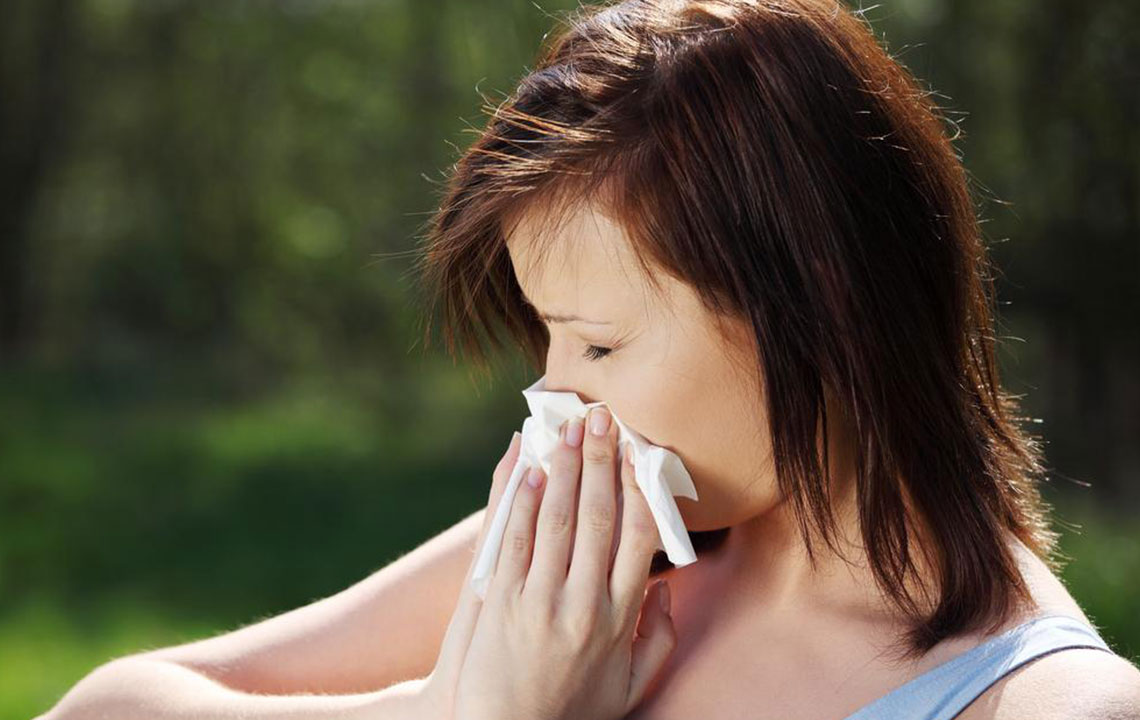Effective Methods to Identify Your Allergies
Discover simple and effective ways to identify allergies, including consulting your doctor and undergoing blood or skin tests. Early detection helps in managing symptoms and preventing severe reactions. Learn more about allergy symptoms and testing methods to ensure better health and safety.
Sponsored
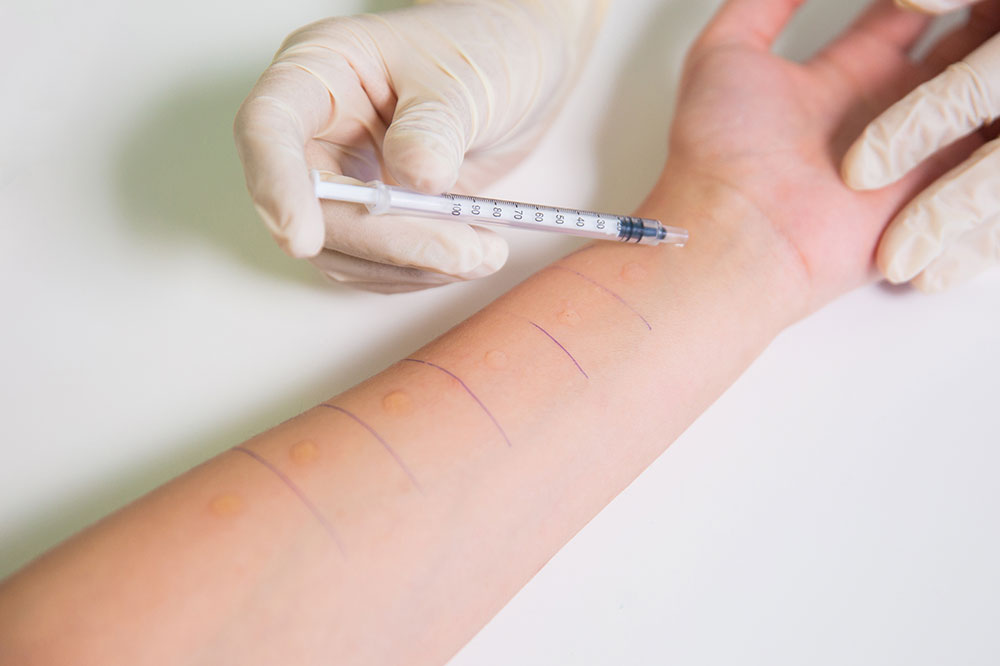
Experiencing frequent sneezing outdoors, skin rashes after contact with plants, or swelling from nut allergies are common allergy symptoms. These reactions—such as itchy eyes, runny nose, rashes, and swelling—can be troubling. Allergies are widespread and triggered by various factors. Their exact cause remains unclear; genetics or environmental factors may play a role. Fortunately, allergies are easy to diagnose through simple medical tests. Keep reading to understand allergies and learn how to detect them effectively.
Understanding allergies
Our immune system protects us by identifying harmful substances. Sometimes, it overreacts and attacks harmless elements, known as “allergens”. These can be pollen, dust, certain foods, or pet dander. Symptoms include sneezing, watery eyes, rashes, and swelling, all characteristic of allergic reactions.
How to identify allergies
Seek medical advice
Since allergy symptoms vary and severity differs among individuals, consulting a healthcare provider is essential. A doctor will ask about your symptoms and perform a physical exam to identify the cause.
Undergo allergy testing
Allergies can be hereditary but don't necessarily match those of family members. Based on your symptoms, doctors may recommend blood or skin tests to determine specific allergies.
Blood tests
Blood tests measure Immunoglobulin E (IgE), an antibody produced in response to allergens. Elevated IgE levels indicate allergies.
Skin prick tests
In this test, a professional pricks your skin with tiny amounts of potential allergens. If your skin reddens or itches, you may be allergic to that substance.
Once allergies are identified, various treatments and medications can help manage symptoms. Most allergies are not life-threatening, but carrying your allergy medication and wearing an allergy bracelet in case of accidental exposure is advisable.

